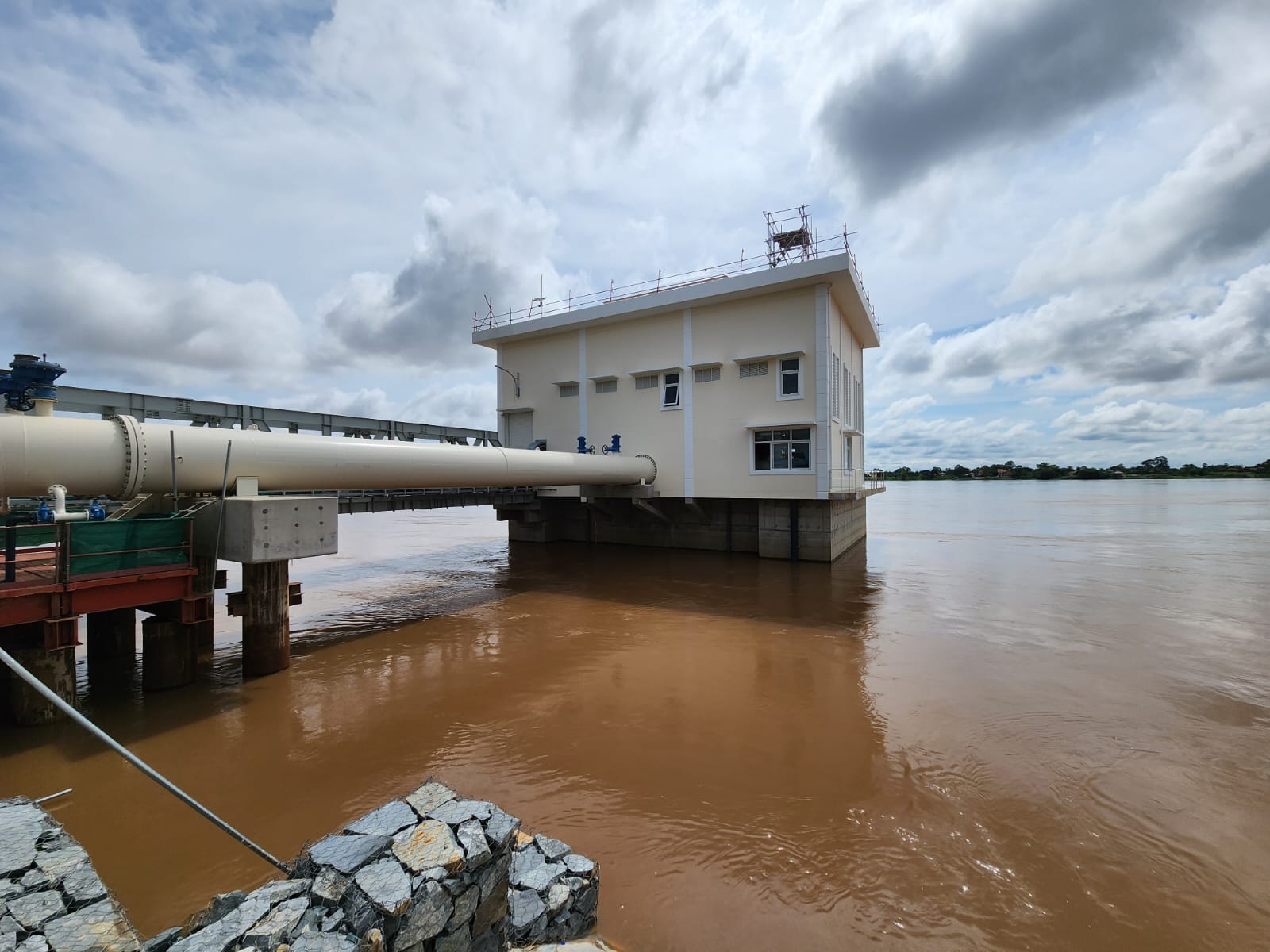Challenges of water treatment in Cambodia
The training organization Watura has launched an in-person training program in Cambodia to address local water treatment issues.
This program, conducted entirely in English, has been tailored specifically for the authority responsible for water supply management in Phnom Penh.
The drinking water plant is located near the Mekong River, at the heart of the country’s water resource management. This area faces unique challenges related to the river’s water quality, influenced by marked seasonal variations between dry and wet periods.
This Watura’s training focuses on the context of the drinking water plant in Siem Reap province, an area experiencing rapid urbanization. This infrastructure is capable of supplying drinking water to over 1.5 million people.
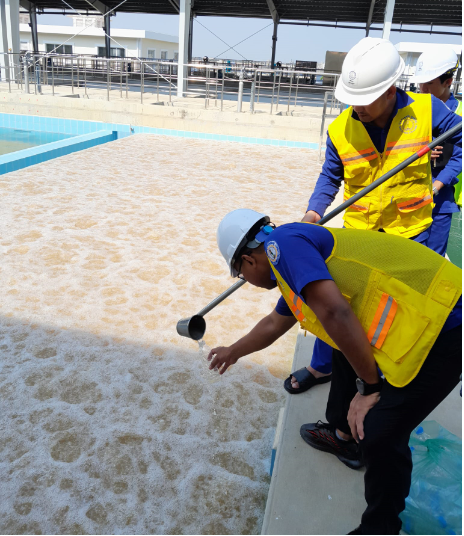
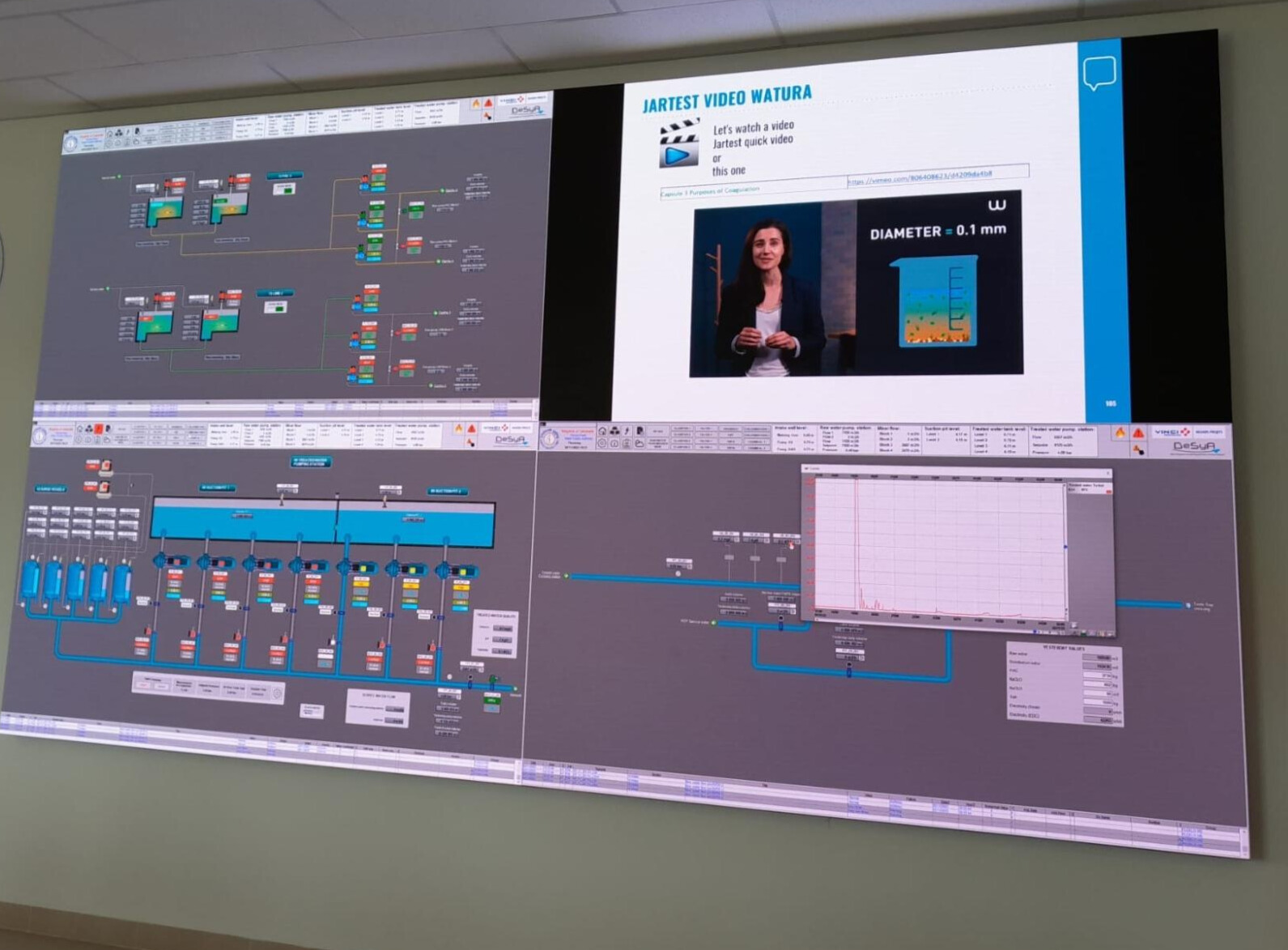
A comprehensive educational program
Spanning four weeks and divided into three levels—theory and recommendations, knowledge reinforcement, and skills validation—the program alternates between theoretical instruction and practical work, including several months of case studies, improvements, and testing to prepare participants for practical applications. Led on-site by an expert trainer in water treatment processes, the training gathered between 15 and 30 trainees from various departments such as operations, maintenance, and laboratory.
Designed to precisely meet the needs of local professionals and staff in Cambodia, this training program thoroughly covers the fundamental aspects of water treatment, from water analysis to preventive maintenance of facilities, as well as the optimization of coagulant dosing and pH adjustment.
Impacts and perspectives of in-person training in Cambodia
The pedagogical approach incorporates the specificities of the Cambodian hydrological context. Among the topics covered, lime dosing, disinfection, and electrochlorination offer new perspectives on managing the specific challenges of treating water from the Tonle Sap, Southeast Asia’s largest freshwater lake. The program also emphasized strategies for optimizing operational costs.
Feedback following the first part of the training has been very positive, revealing significant progress in understanding chemical processes and active participation from trainees, with practical applications and fruitful exchanges.
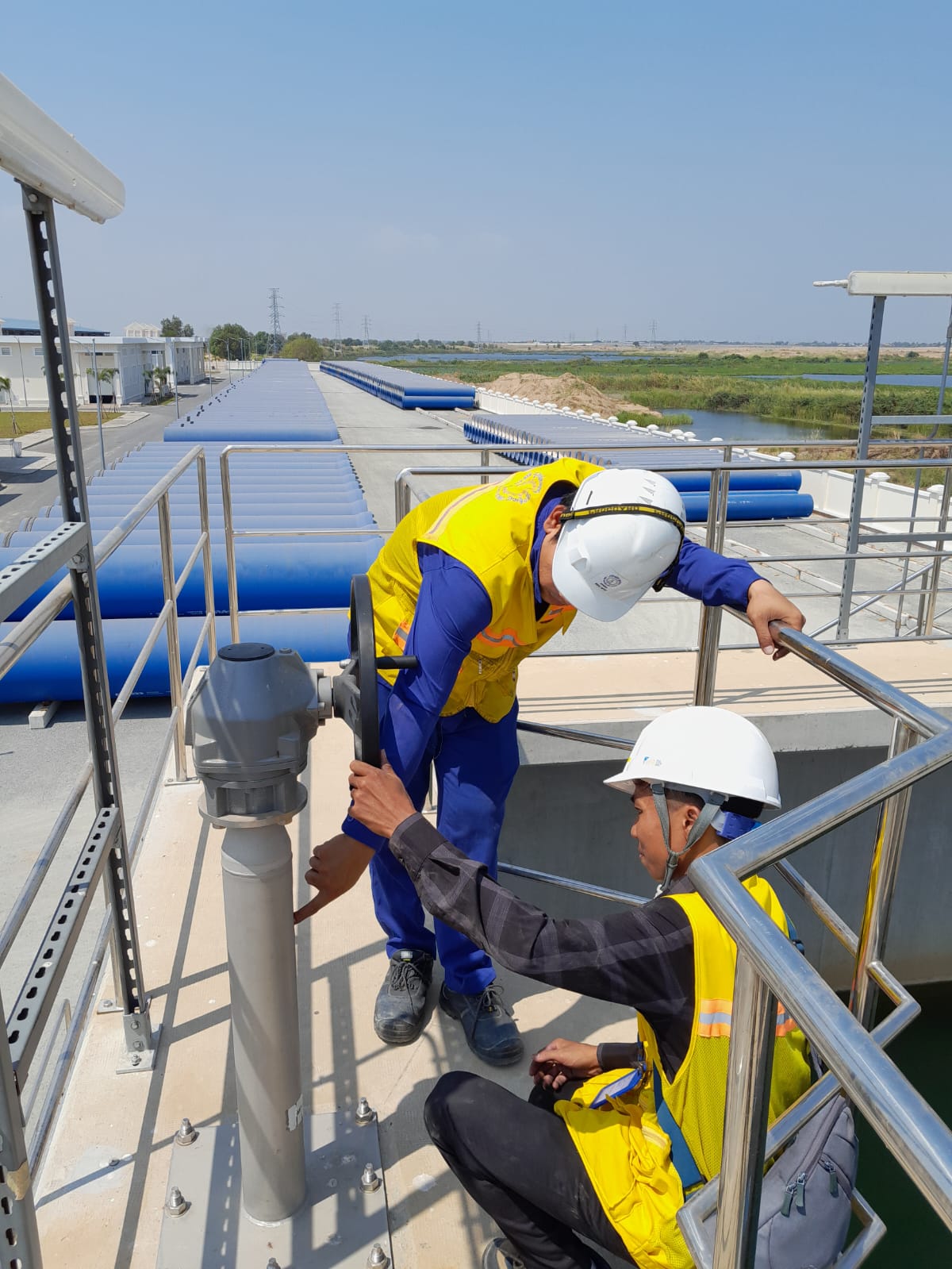
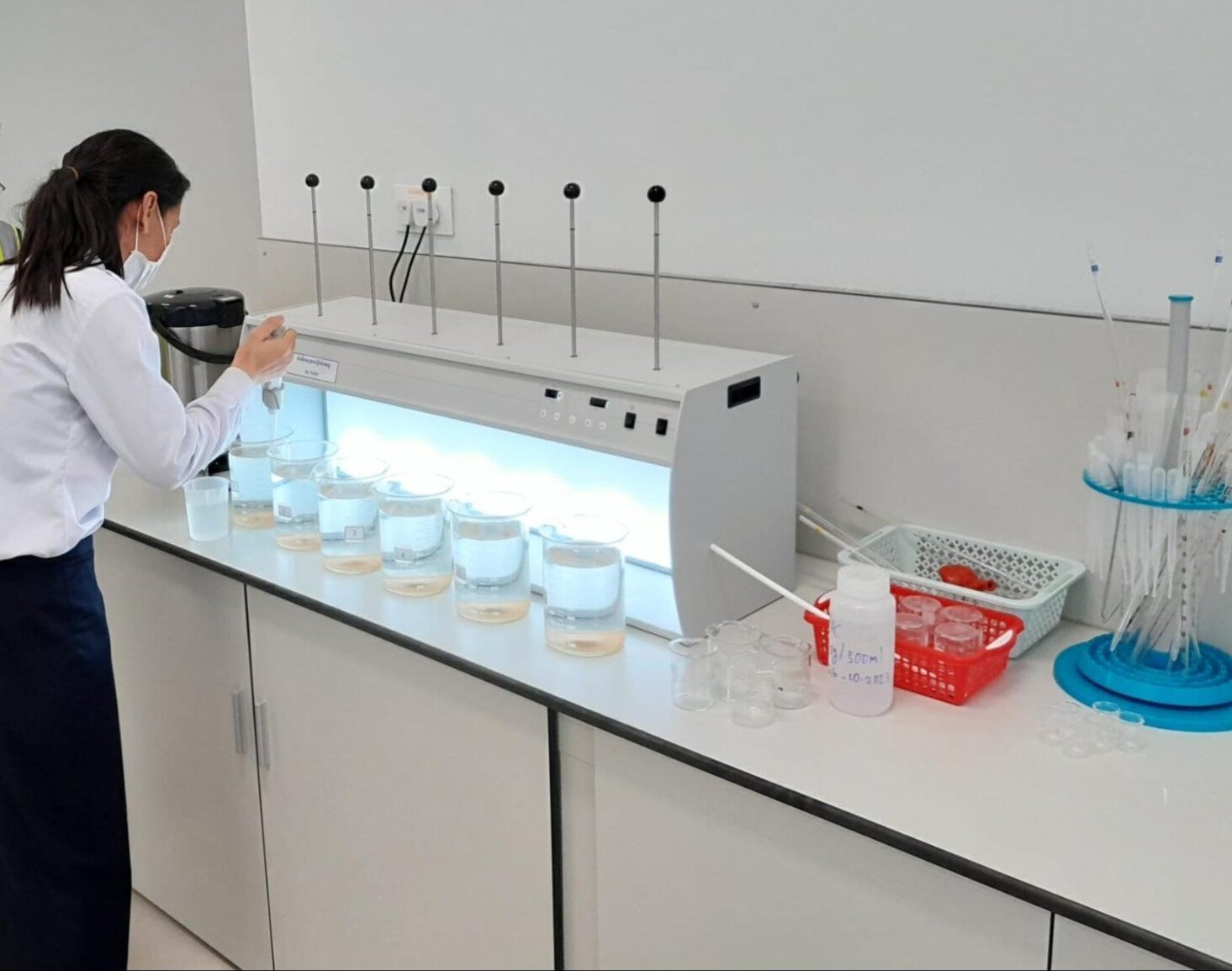
Illustrations from e-learning courses: Operation of the drinking water network and Electrical certification: theoretical part.
Towards continuous improvement of drinking water treatment operations
The skills developed during this training will significantly improve operations at the drinking water plant in Siem Reap province, particularly in managing water aggressiveness, thus contributing to the provision of quality drinking water to local populations.
This in-person training model reflects Watura’s commitment to sharing its pedagogical expertise and offering innovative training solutions for water treatment on an international scale.
By Marie David

